Putin touched on now-common themes, comparing the West to Nazi Germany and alleging, against all evidence, that Ukraine has been committing genocide against ethnic Russians. But he adopted even more hard-line rhetoric when he turned his attention to Russians themselves, whom he has subjected to a sweeping crackdown on anti-war dissent in recent weeks.
Almost 15,000 protesters have been arrested in Russia since the war began, according to OVD-Info, a human rights group based in Moscow that tracks police detentions.
Unknown thousands more have fled the country, driven away by a deepening state repression of protest, independent journalism and social media, as well as a plummeting economy hit by international sanctions and mass boycotts.
The Kremlin said Thursday that it was those people who were showing themselves to be “traitors.”
“They vanish from our lives,” Kremlin spokesman Dmitry Peskov said, according to Reuters. “Some people are leaving their posts. Some are leaving their active work life. Some leave the country and move to other countries. That is how this cleansing happens.
“In such difficult times,” he added, “many people show their true colors.”
Putin’s tone contrasted with those of the Russian and the Ukrainian negotiating teams, which signaled tentative progress in peace talks. Some experts saw his speech as a chilling sign.
“Putin in an Orwellian way has divided the citizens of Russia into clean and unclean,” Andrei Kolesnikov, a Moscow-based political analyst, said on Twitter.
Constanze Stelzenmüller, a senior fellow at the Brookings Institution in Washington, compared Putin’s speech to Adolf Hitler’s fictional tirade from the bunker in the 2004 film “Downfall,” whose subtitles have generated countless memes.
“Strrronngg ‘Der Untergang’ vibes here,” she tweeted, using the film’s German title.
Putin reserved special ire for Russian oligarchs, many of whom are Kremlin-linked billionaires who made their fortunes in the carve-up of the former Soviet Union and now spend much of it on yachts and other luxuries in the West. Some of them have recently broken cover and distanced themselves from Putin’s war.
Without naming anyone specifically, Putin referred to “national traitors” who “have villas in Miami or the French Riviera, who cannot make do without foie gras, oysters or gender freedom, as they call it” — referring to his apparent disdain for liberal values.
He criticized their “servile mentality” of being too Western “in their minds, and not here with our people and with Russia.”
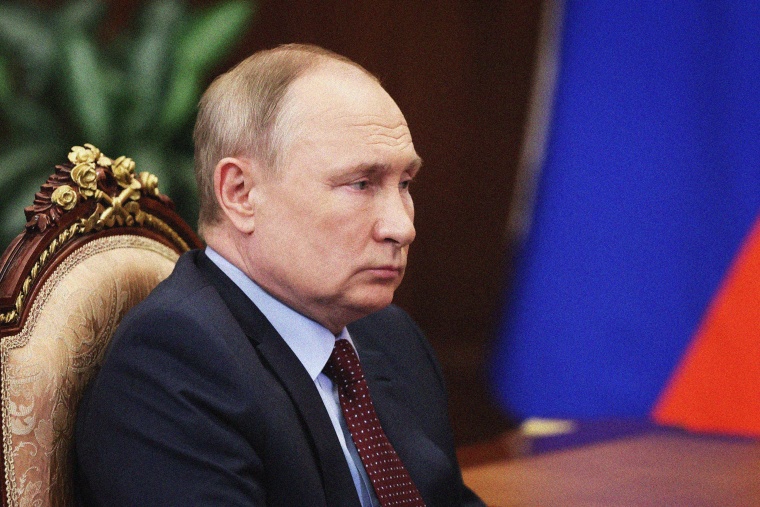
Putin also called for “a natural and necessary self-detoxification of society,” which would “strengthen our country, our solidarity and cohesion.”
Much of the rest of Putin’s speech detailed the drastic economic countermeasures his government is introducing to combat sanctions and boycotts by Western governments and companies.
“Indeed, it is difficult for us at the moment,” he acknowledged.
Lough, who was the first NATO official posted to Moscow in the 1990s, said his contacts there are privately conveying “surprise, shock and disbelief that Russia” is engaged in the war.
There is now an “acceptance that this is going to usher in a period of extreme isolation of Russia, as well as impoverishment and a return, frankly, to many of the features of the Soviet Union,” he said.

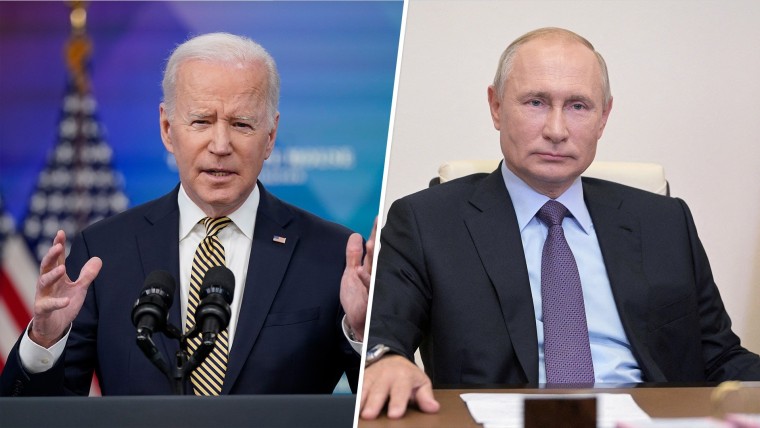
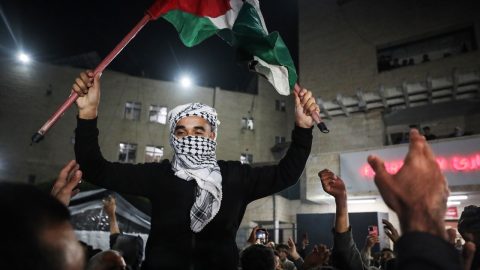
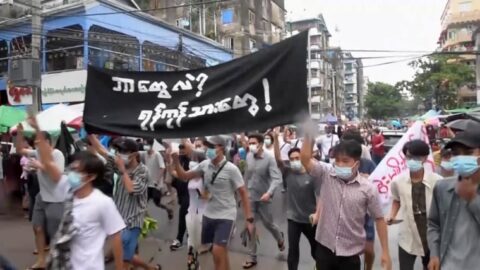
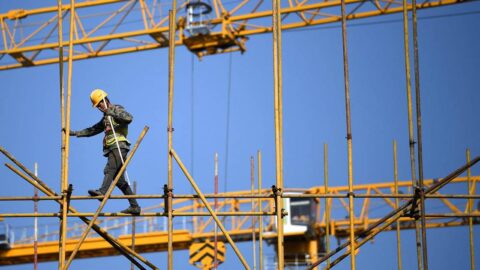
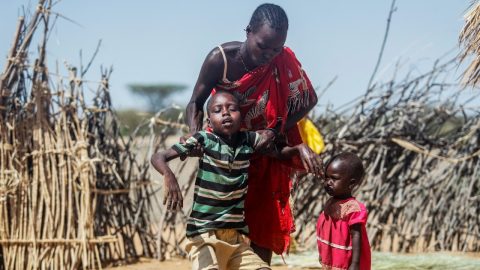
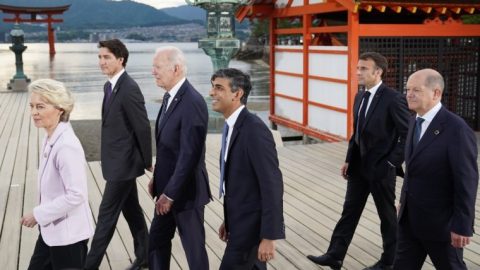
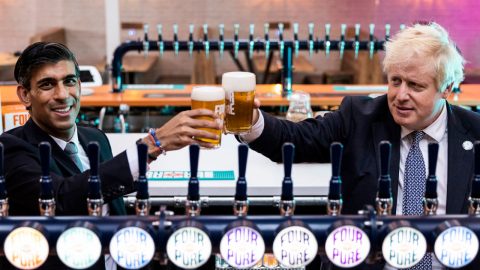
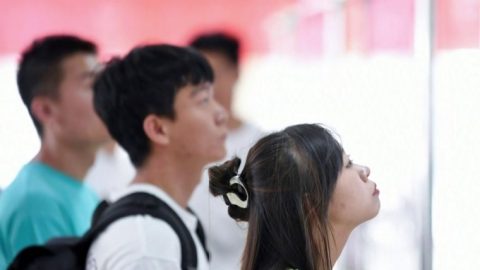
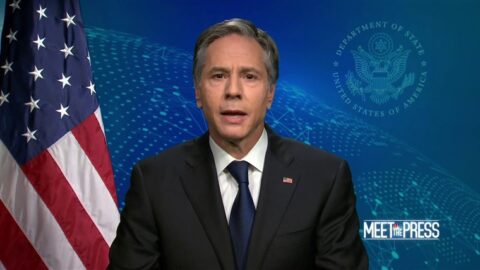
Recent Comments